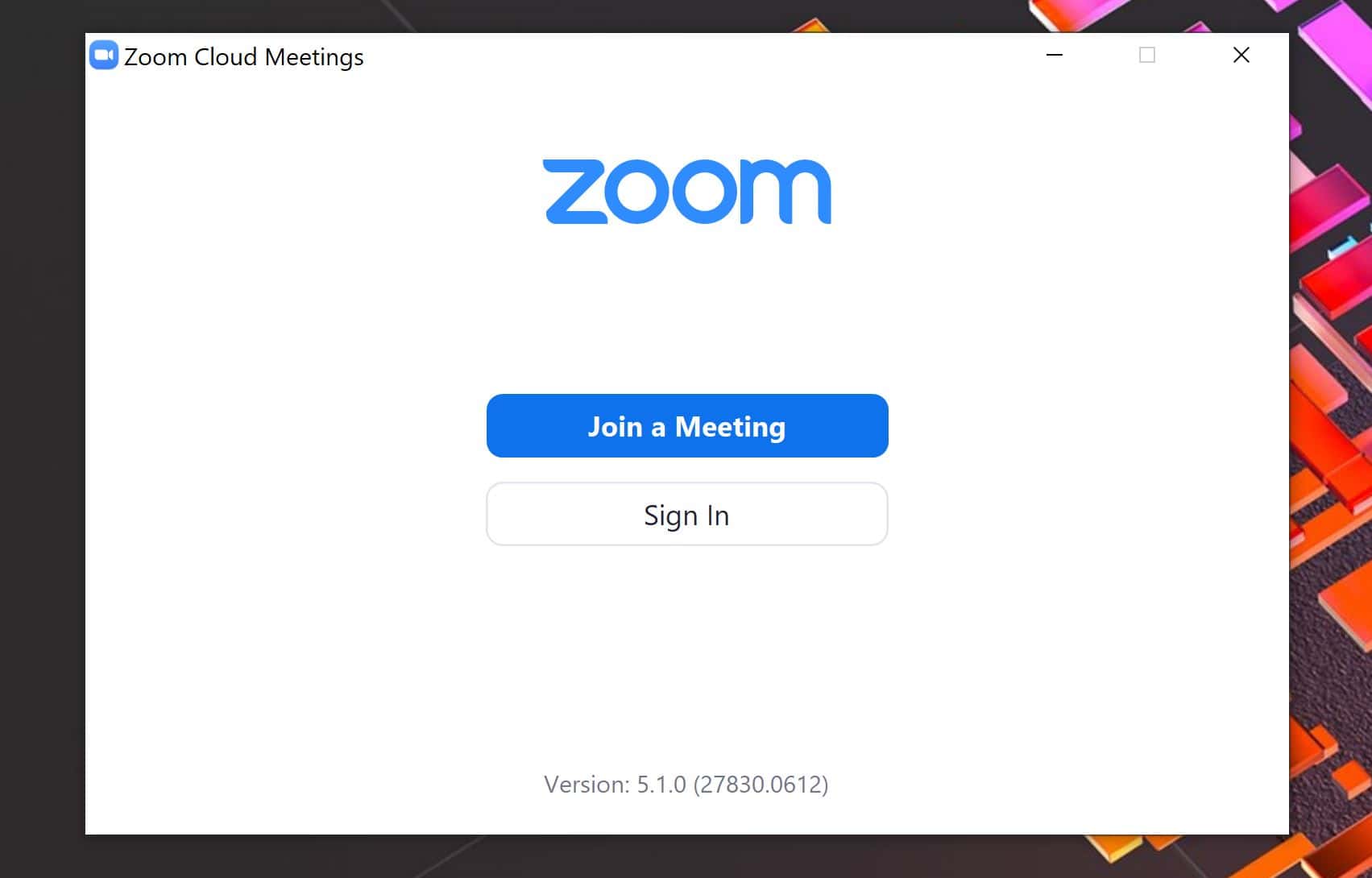

For example, it changed the default settings to make video calls more secure. They released several updates over the last year. However, Zoom was quick to address such privacy concerns. We can’t really say that’s Zoom’s fault, right? It turns out that this mainly occurred because the meeting hosts didn’t really know that they would have to enable certain security features to make their meeting links and calls secure. Zoombombing is when an uninvited guest, usually a hacker, joins your Zoom meeting. Over the past year, the Zoom video meeting tool has become very popular for business and personal meetings.Īs many teams adapted to remote work policies, they needed a virtual communication tool for project kickoff meetings and other discussions.Īnd Zoom’s video conferencing solutions, Zoom Meeting and Zoom Webinar, became the go-to tools for two reasons:īut just like the movie, things went a bit off-road.

They managed to do this by relying on video conferencing apps like Zoom to help them out.Īnd while Zoom started off as the perfect cure for remote teams with communication problems, a few privacy issues and security breaches popped up.

When COVID-19 started, in-house teams had to figure out how they would operate without in-person meet-ups.


 0 kommentar(er)
0 kommentar(er)
